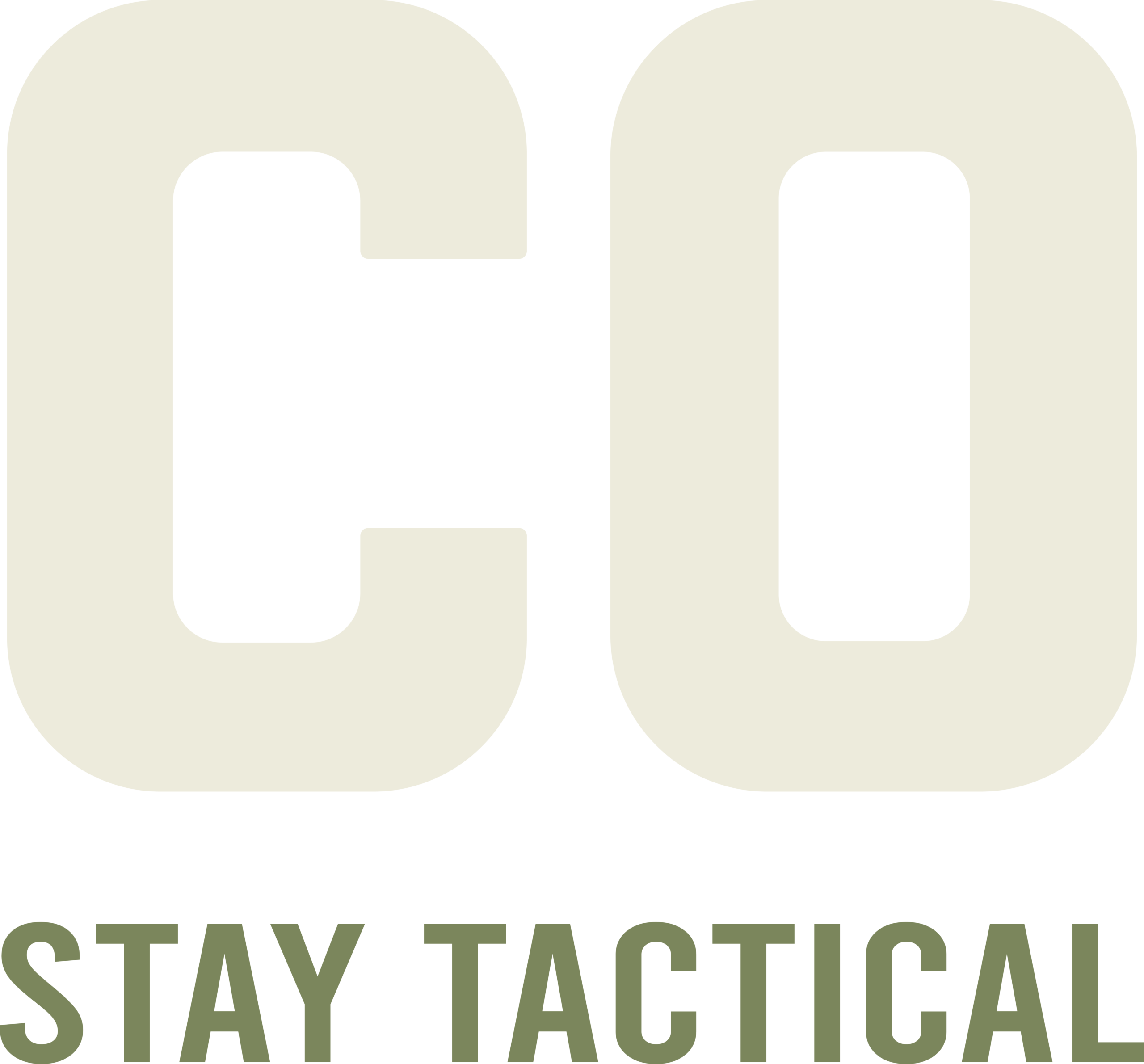If you read that and are wondering what the heck an IFAK is, then you are in the right place. IFAK stands for Individual First Aid Kit, and if you travel or drive, you need to have one. Seriously, you never know how far away medical treatment can be and when you need it you don’t want to learn that it’s too far away. That’s why an IFAK is handy, and can literally be a life saver. So what do you need in your Individual First Aid Kit? Let’s break it down. Full disclaimer, yes there will be more things you can add here, and you can really go nuts with an IFAK but I’m just going to give you the essentials.

CAT Tourniquet – we have covered the importance of tourniquets on here many many times. It is absolutely the most important piece of any IFAK.
Shears – very helpful in many situations, cutting bandages, gauze and clothing are some of the main reasons you need a pair.
Nitrile gloves – gloves are helpful for extra grip, but also protect you from bodily fluids (unless of course it’s your own).
Steri-strips aka butterfly bandages – great bandages for big wounds or ones that might need stitches. Surgeons will use these as a backup to dissolvable stitches.
Paper medical tape – tape is always handy.
SAM Splint – obviously useful for broken bones and ensures you don’t have to make a homemade splint.
Large ABD gauze pads – ABD stands for Abdominal, they are great for abdominal wounds but also any wound that is heavily draining.
HyFin Chest seals – I carry these everywhere I go, in my car, in my gobag, and at work. They are great for treating penetrating chest trauma such as gunshot wounds.
Israeli Bandage – different from other bandages as they are handy in stopping bleeding from hemorrhagic wounds, especially big ones.
Gauze pads (2×2 and 3×3) – great idea to pack a variety of gauze pads for different situations.
Rolled gauze – just like the pads, sometimes you might need the roll instead of the pad format of a gauze.
Ace bandage – I personally love these as they have the elastic band with the clips that can be snapped so they create a nice snug fit.
QuikClot sponges – just like the tourniquet and the chest seals, I don’t go anywhere without these. QuikClot will very quickly stop bleeding using some fancy patented technology.
Space blanket – low-weight blanket mad eof heat-reflective plastic sheeting, great for signalling and providing some cover.
Greenglow sticks – great for emergency signalling or lighting.
Notecards and Sharpie – self explanatory but handy for writing notes. The sharpie will also be good to write down the tourniquet time on it.
Stay safe!

